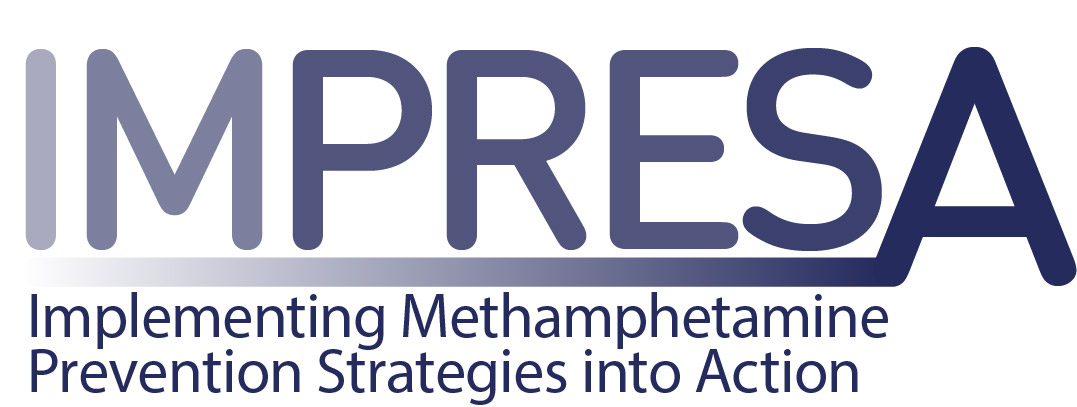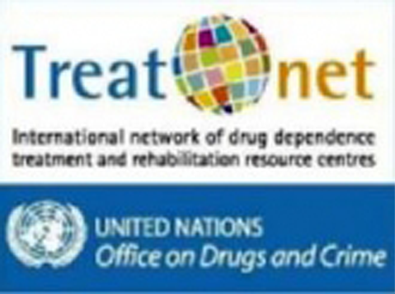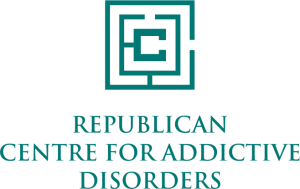
Methamphetamine use is spreading in the European Union with significant public health impact in Czech Republic, Slovakia, Germany, Poland and Lithuania. Several promising preventive strategies are available to policymakers and practitioners but at present uptake across the European Union remains limited and inconsistent. Moreover, we still lack a sound understanding of what works, in which context, when and specifically for which target groups it works, when it comes to tackling methamphetamine use. This multidisciplinary and participative project aims to provide an in-depth understanding of the translation processes of best-practice prevention programmes to prevent methamphetamine use in Europe.
For this purpose, the project will: (a) establish multi-stakeholder partnerships (MSPs) in five highly affected European cities to drive the design, implementation and assessment of intervention packages to address methamphetamine use; (b) ensure that intervention packages developed are grounded in latest evidence and tailored to the specific needs of the field-test sites; and (c) employ the pragmatic and yet robust evaluation RE-AIM framework to deliver an in-depth understanding of the impact of the prevention packages on the target populations. By mobilizing relevant stakeholder groups from policy, public administration, civil society and research for the design, implementation and assessment of locally-relevant best-practice strategies, IMPRESA will provide new insights into the effectiveness of methamphetamine prevention activities in daily practice and an improved understanding of which factors and processes influence the effective and sustainable implementation of such programmes across Europe.
Czech Republic, Slovakia, Germany, Poland and Lithuania.

 I-V
I-V






